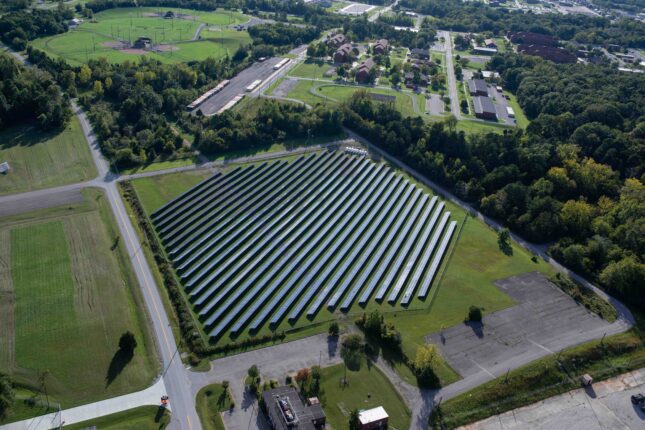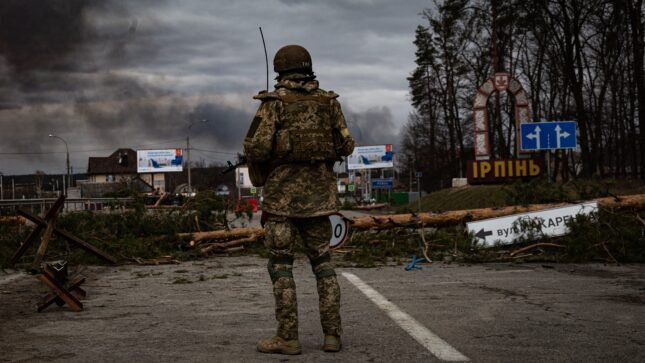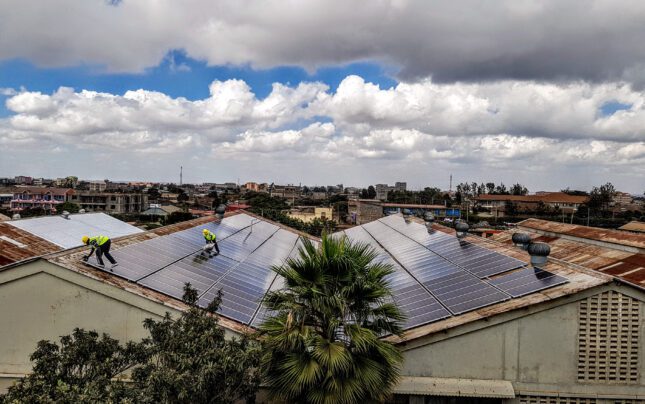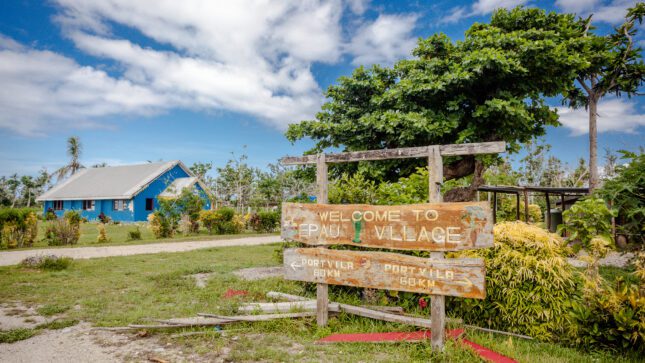-
Beating the Backlash: Can Incremental Approaches Strengthen NGO Responses to Security-Based Migration Policies
›
On October 2, 2024, Dominican President Luis Abinader launched a large-scale deportation operation through the National Security and Defense Council. Framed as an “emergency” security measure to “protect national sovereignty and address migration challenges,” the operation aimed to deport 10,000 Haitian migrants every week.
-
Energy Islanding in Kentucky? Fort Knox’s Push to Resilience and Grid Independence
›
Islands are not found in abundance in the middle of the continental United States, but Fort Knox has set out to challenge this notion. Indeed, it has been described as the first and only energy-independent installation in the U.S. Department of Defense (DOD)—and thus exists on an “energy island.”
-
ECSP Weekly Watch | January 27 – 31
›
A window into what we’re reading at the Wilson Center’s Environmental Change and Security Program
Declining Fish Stocks Threaten Lake Tanganyika Fishing Communities (Al Jazeera)
For the millions who live on the shores of Lake Tanganyika, fishing is a way of life that has sustained generations. However, recent declines in fish production in the world’s largest freshwater lake have devastated Tanzania’s fishermen and prompted questions of the sustainability of the decades-long practice.
-
ECSP Weekly Watch | January 13 – 17
›
A window into what we’re reading at the Wilson Center’s Environmental Change and Security Program
The Success of Community-based Conservation in Africa (Yale 360)
Across Africa, herders once seen as threats to wildlife have now become vital conservationists. In a transformative shift from “fortress conservation” to community stewardship, they are protecting iconic species like elephants and lions as they coexist with their livestock.
-
Classic Geopolitics and Today’s Nexus of Conflict and Climate
›
In recent weeks, users of the social network Bluesky were able to watch a compelling video featuring Jessica Newberry Le Vey—a Climate Change and Health Policy Fellow at Imperial College’s Climate Cares Centre. The video begins with Le Vey’s direct-to-camera assertion that the climate crisis is a health crisis affecting people around the world. Then Le Vey’s image disappears—yet we hear her (or someone who sounds eerily like her) speak over a compendium of combat footage that includes video of ATACAM missiles being fired and larger strategic missiles on the move. Climate is important, declares the speaker, but there are more serious problems that threaten our security.
-
ECSP Weekly Watch | December 16 – 20
›
A window into what we’re reading at the Wilson Center’s Environmental Change and Security Program
Humanitarians Highlight the Climate-Conflict Nexus (The New Humanitarian)
Climate change’s disproportionate impacts on vulnerable populations exacerbate socioeconomic inequalities and conflict, particularly during natural disasters. This vexed connection has led humanitarians and peacebuilders increasingly to address climate and conflict challenges together in order to provide integrated relief, recovery, and aid.
-
US-Africa Energy Development: An Opportunity for the Trump Administration?
›China Environment Forum // Guest Contributor // December 12, 2024 // By Kalim Shah & Etchu Tabenyang
While traditional fuels likely will remain part of Africa’s energy portfolio for some time to come, the fossil fuel industry does face strong headwinds from a continuing global march towards alternative sources of clean energy. Indeed, the energy poverty experienced by nearly a billion Africans seems incomprehensible given the combination of massive untapped oil and gas resources, as well as available hydropower, solar and wind potential across the continent.
-
Guam and Vanuatu: Different Paths from Environmental Change to Human Insecurity
›
Our present ecocrisis drives human insecurity. Single weather events killed hundreds in 2024, even in wealthy countries such as the United States or Spain. And beyond that staggering toll in human lives lurk staggering amounts of money required to repair and rebuild. In the United States alone, inflation-adjusted disaster-attributable costs have reached on average $153 billion each year. These factors and others make global environmental change a severe risk to human security.
Showing posts from category risk and resilience.











